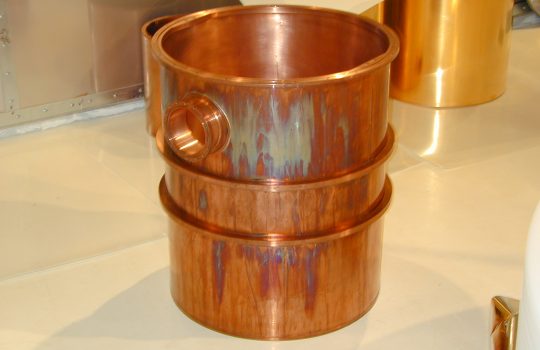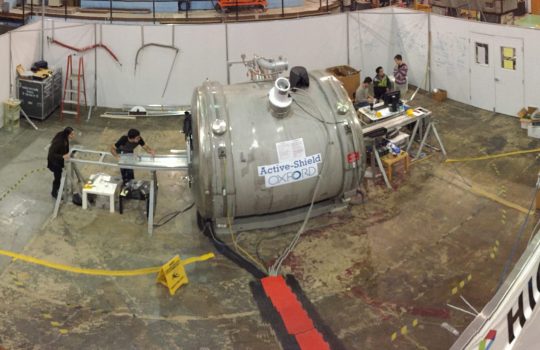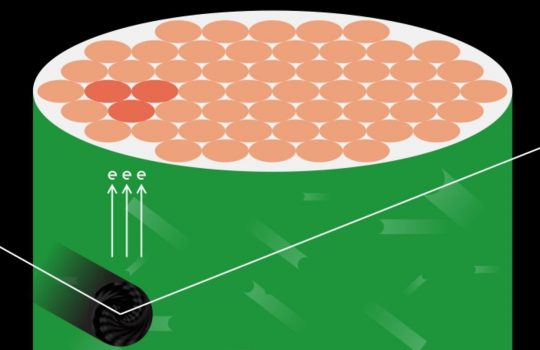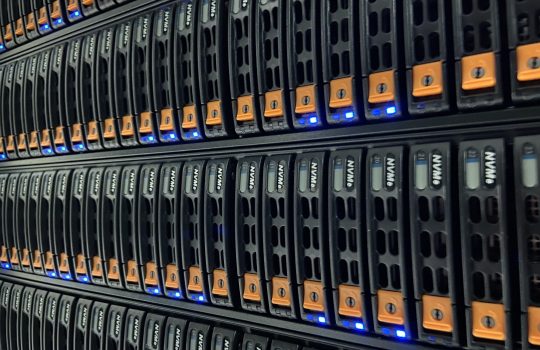Milano-Bicocca e Infn insieme nella corsa al computer più potente del mondo
- quantum computing
- quantum information science
- quantum science
- SQMS
- SQMS Center
- Superconducting Quantum Materials and Systems Center
From Data Manager Online, Oct. 29, 2020: Nuovi amplificatori quantistici ultrasensibili in grado di migliorare la trasmissione di dati e qubit nei computer del futuro. Le attività che verranno sviluppate all’interno del progetto “Dart wars” hanno forti sinergie con il progetto americano “Sqms” (Superconducting quantum materials and systems center), guidato dall’italiana Anna Grassellino presso il Fermilab di Chicago, che ha recentemente ricevuto un finanziamento di 115 milioni di dollari dal Dipartimento dell’energia degli Stati Uniti, per sviluppare in cinque anni un computer quantistico d’avanguardia, dalle prestazioni e velocità di calcolo mai raggiunte finora.





